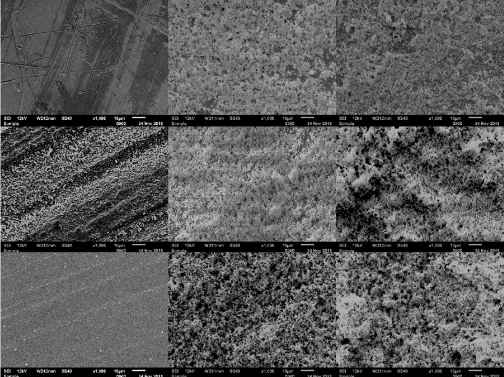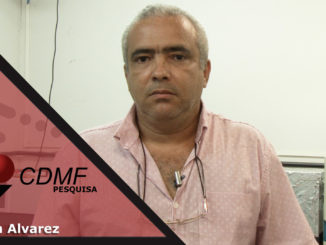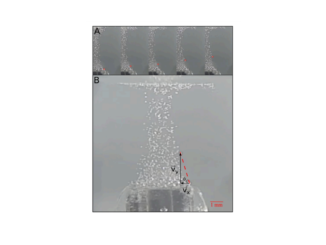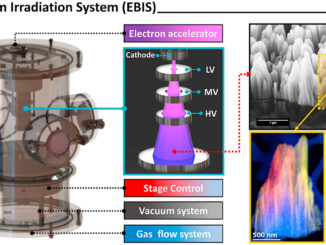
In Vitro Toxic Effect of Biomaterials Coated with Silver Tungstate or Silver Molybdate Microcrystals
Abstract: Purpose. This study evaluated the cytotoxicity of antimicrobial silver tungstate (Ag2WO4) or silver molybdate (Ag2MoO4) microcrystals coating biomaterials. Materials and Methods. The coating procedure was performed onto titanium, zirconia, and acrylic resin specimens. Eluates of the coated specimens were obtained, which were used for cytotoxicity analyses, including Alamar Blue, MTT, and CytoTox-ONE tests. Data were analyzed using two-way ANOVA, followed by the Tukey test (α = 0.05). The results of each experimental group were also compared to those of the control of living cells, taken as 100% cell viability. Results. In general, it was observed that the percentage of living cells from all biomaterials coated with both microcrystals was statistically different compared to the ones from the uncoated sample groups, except for the results from MTT of specimens of Ti coated with α-Ag2MoO4. All uncoated biomaterials were classified as noncytotoxic by the three assays used in the present study. It was observed that the microcrystals in solution were strongly cytotoxic, with death of almost 100% of cells, from the analysis of the results of the Alamar Blue assay. Conclusion. The most biomaterials coated with both microcrystals showed some degree of cytotoxicity in the different assays. The results described herein should be seen as an alert to the use of microcrystals, which can expose patients to health risks.
Author(s): Pellissari, C.V.G.; Vergani, C.E.; Longo, E.; Pavarina, A.C.; Sanitá, P.V.; Siqueira, W.L.; Jorge, J.H.
Journal of Nanomaterials
Published: 28 Jan 2020 Volume: 2020
PDF: In Vitro Toxic Effect of Biomaterials Coated with Silver Tungstate or Silver Molybdate Microcrystals
DOI: https://doi.org/10.1155/2020/2971827




